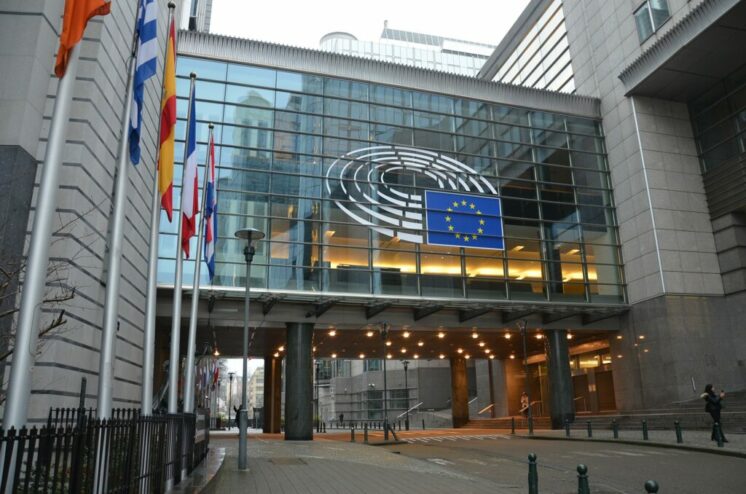SOMO and GoodElectronics welcome the EU draft legislation on batteries approved on Thursday by the European Parliament and call on EU member states to agree on the text without delays or attempts to water it down.
The transition to renewable energy is central to efforts to tackle the climate crisis. Batteries, including those that power electric vehicles, are vital to this momentous transition. The production of batteries will expand significantly in the coming years. However, battery production involves a complex global supply chainthat is rife with serious social and environmental risks.
The Batteries Regulation proposal, introduced by the European Commission in December 2020, aims to address risks associated with the increased demand for batteries by promoting a circular economy and reducing social and environmental impacts throughout the battery lifecycle. A key element of the proposed regulation is the inclusion of a binding obligation for corporations to carry out human rights and environmental due diligence along the supply chain. The regulation also includes requirements on sustainability, carbon footprint, labelling, and recovery rates of recycled metals.
On Thursday, the European Parliament approved the draft legislation with 584 votes in favour, 67 against and 40 abstentions, with the further inclusion of batteries for scooters and e-bikes. This draft constitutes the Parliament’s negotiation position with the Council (EU Governments) to determine the final version of the legislation, which is expected by the end of June.
Camiel Donicie, coordinator of the GoodElectronics Network: “We are concerned that there will be efforts by the Council to undermine important provisions such as those on recycling targets and due diligence. Such efforts would have long-term negative consequences for Europe’s role in a just and fair energy transition. Standards in battery regulation must be kept high.”
Alejandro González, researcher at SOMO, commented: “The EU Batteries regulation has the potential to become a global reference for the protection of human rights and the environment during the energy transition. It needs to have robust due diligence requirements with effective mechanisms that prevent harm to communities and the environment and enable access to remedy.”
The proposed regulation emphasizes the responsibility of corporations to conduct human rights and environmental due diligence. “This responsibility cannot be outsourced, for instance to industry schemes,” adds González. “The implementation of due diligence under the batteries regulation should be consistent with the OECD’s Due Diligence Guidance and not include provisions that would undermine such important standards.”
SOMO and GoodElectronics call on the EU Governments to swiftly reach an agreement with the European Parliament without any further delays, for instance on recycling targets and due diligence commitments.












